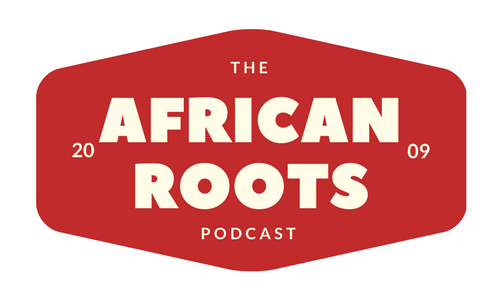Welcome back to the African Roots Podcast!
You can reach me at AfricanRootsPodcast@gmail.com
Welcome to the end of summer on this last weekend in August! Hard to believe that the season has come and gone and now we are moving towards fall. However, this is still a season where there are a good number of conferences. And a special shout out to those in attendance at the FGS Conference, one of the “Big Three” genealogical events. Many are enjoying themselves in Birmingham Alabama and I hope to join some of you there later today as well. I had hoped to be there all week, but family has taken precedent and I will be there only briefly.
But there are many events coming up in the fall. I will be speaking at the National Museum of the American Indian in New York again in September, then in Chicago for the Chicago African American Genealogical Society conference, and then on to Salt Lake City for the International Black Genealogy Summit.an American
But take note—the northern California African American Genealogical society is hosting a Black Family History Day in October. And the National conference for the Afro-American Historical and Genealogical Society is hosting its annual conference in Greensboro NC
Also note—there is a series of seven 90 minute genealogy seminars, hosted by the California Genealogical Society. This is a good series for beginners to consider taking.
Also don’t forget to look for AfriGeneas staffers at the events this fall and get your special AfriGeneas thumb drive! A number of features including a guide to the site is on the drive. And you can also put your own documents and projects on the thumb drive as well.
Speaking of projects–do you have some unexpected projects that have captured your time and attention? Perhaps it is now time to share them. Talk about them and blog about them, write about them and speak about them. These stories need to come out!
I hope you heard Bernice Bennett’s show last night! She focused on the slave ship manifests from the early 1800s to 1860. Claire Kluskens from the National Archives. Ms. Kluskens talked about the Slave Manifest records and the value the record set can have for one studying the entire region. Records from Baltimore to New Orleans are represented and all points in between. Could your ancestral region be included among those records?
The records such as the Slave Ship Manifests are among the many records than can unexpectedly steer us into new projects. The task is to listen when those new projects call us and get busy.
Well I hope to see some of you in Birmingham and others I will see in the midwest and far west this fall. In the meantime thank you for taking time out from your day to tune into the podcast.
Remember to always keep researching, keep documenting and keep sharing what you find!

